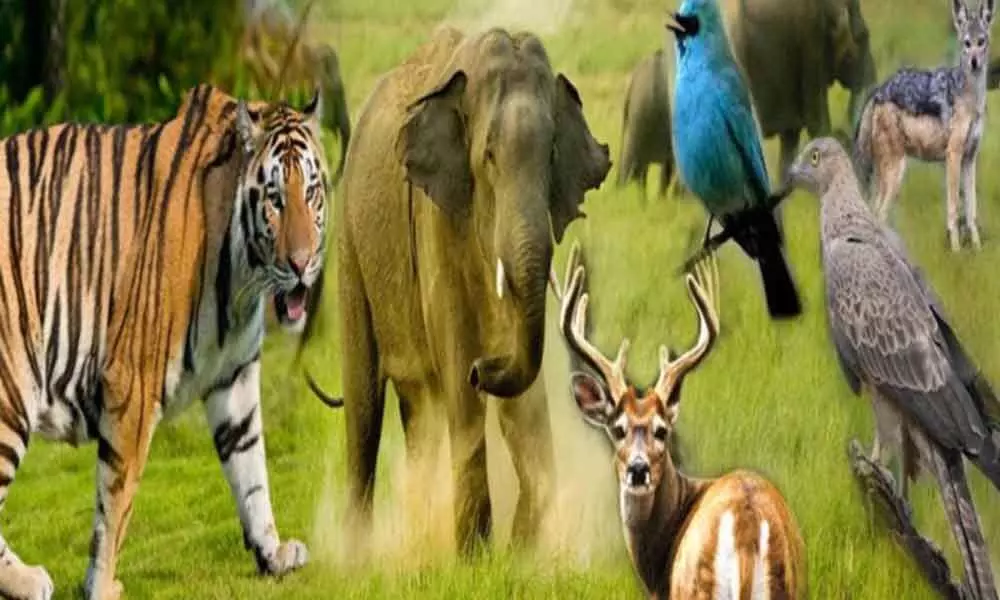Global warming causing wild animals to give birth earlier

Researchers have found some of the first evidence that global warming is causing wild animals to give birth earlier in the year, a discovery that sheds more light on the impact of the climate crisis on wildlife.
Researchers have found some of the first evidence that global warming is causing wild animals to give birth earlier in the year, a discovery that sheds more light on the impact of the climate crisis on wildlife.
The researchers, including those from the University of Edinburgh in the UK and the Australian National University, said that populations of the red deer present in the Isle of Rum in Scotland are undergoing genetic changes that have led to a rapid shift in the birth dates of offspring in recent years. Earlier studies had shown that the deer have been giving birth earlier since the 1980s - at a rate of about three days per decade - due to warming temperatures, they said.
In the current study, the researchers revealed that these genetic changes are caused by Darwin's theory of natural selection - the differential survival and reproduction of individuals due to differences in traits. The study, published in the journal PLOS Biology, describes how evolution in this species is happening quickly enough to be detected over only a few decades.
"This is one of the few cases where we have documented evolution in action, showing that it may help populations adapt to climate warming," said study co-author Timothee Bonnet from the Australian National University. Female red deer - called hinds - gave birth to a single calf each year, and the ones that reproduced earlier in the year had more offspring over their lifetime, the researchers said.
The study noted that this is partly due to an association between the genes that make hinds give birth earlier, and higher overall reproductive success from the behavior. As a result, the researchers said the genes for breeding earlier have become more common in the Rum deer population over time.
The findings, the researchers said, are an example of the impact the climate crisis may be having on wildlife. "It also provides, to our knowledge, the first evidence of both evolution and phenotypic plasticity contributing to advances in phenology in a changing climate," the researchers wrote in the study.




